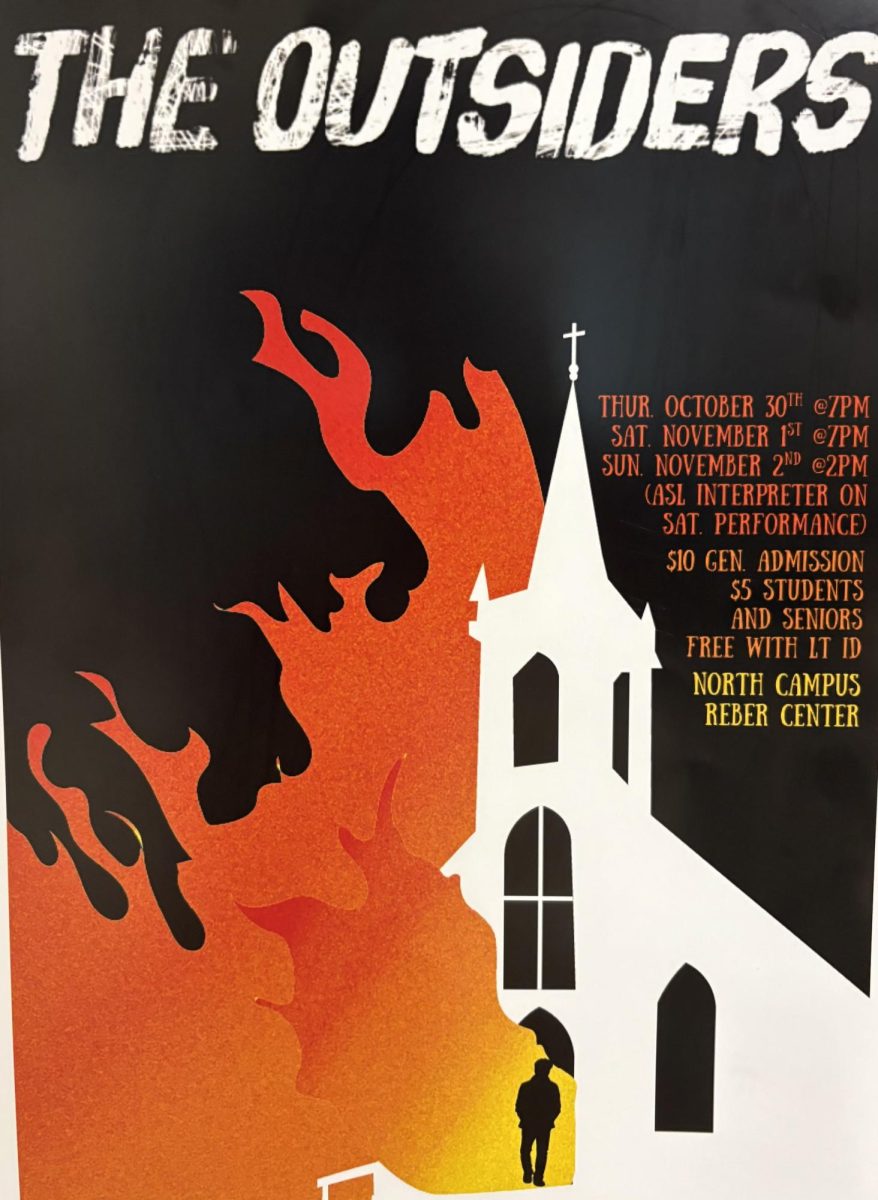According to the Centers for Disease Control and Prevention (CDC), more than 70% of teenagers are not getting the recommended eight to 10 hours of sleep, as shown in a 2021 study. A student with sleep deprivation/sleep issues is more likely to have poor academic performance, memory issues, and difficulty concentrating.
The dictionary definition of insomnia is habitual sleeplessness, or the inability to sleep. Estimates suggest that around 20% to 25% of adolescents experience insomnia or insomnia symptoms. Other studies say that one in four teenagers have insomnia, rates which are slightly higher in females.
“On an average school day, I get between three and four hours of sleep,” Ved Patel ‘26 said. “After school, I’m busy studying, working on applications, essays, and homework to the point where I don’t get into bed until 1:30 a.m. I usually don’t fall asleep until a few hours after that, around 3 or 4 a.m., because of my inability to sleep.”
The two most common side effects of not getting enough sleep are a decrease in focus and memory. If a lack of sleep affects a person’s ability to focus, it will also result in incomplete retention, therefore affecting memory.
“Lack of sleep makes it hard for me to focus on daily tasks, and makes me feel groggy, and I have brain fog throughout the day,” Patel said.
Sleep deficiency also affects people’s emotions. With less sleep, people tend to be more irritable and anxious throughout the day. And in constant cycles of little to no sleep, people can develop more serious mental health issues such as depression and anxiety, according to a study done at Idaho State University.
“On nights when I get eight or nine hours of sleep, I find that I feel more productive in school, my mood is improved, and I do better on tests and quizzes in comparison to the nights I only get five or six hours of sleep,” Olivia Santaniello ‘26 said. “I always try to prioritize my sleep because I know the important role it plays in my daily life.
Not only does lack of sleep affect mental health, but also physical health. When humans don’t get enough sleep, their immune system weakens, making bodies more prone to illnesses. Sleep deprivation can also just lead to overall physical exhaustion, which affects mental health.
Getting eight to 10 hours of sleep a day is vital to academic performance and overall mental and physical health. High schoolers live very busy lives, and it isn’t always possible to get the recommended amount of sleep they need, but in the long run, it will improve several aspects of a student’s everyday life. While a night for two without eight hours of sleep can be manageable, it’s important to never make it a habit.

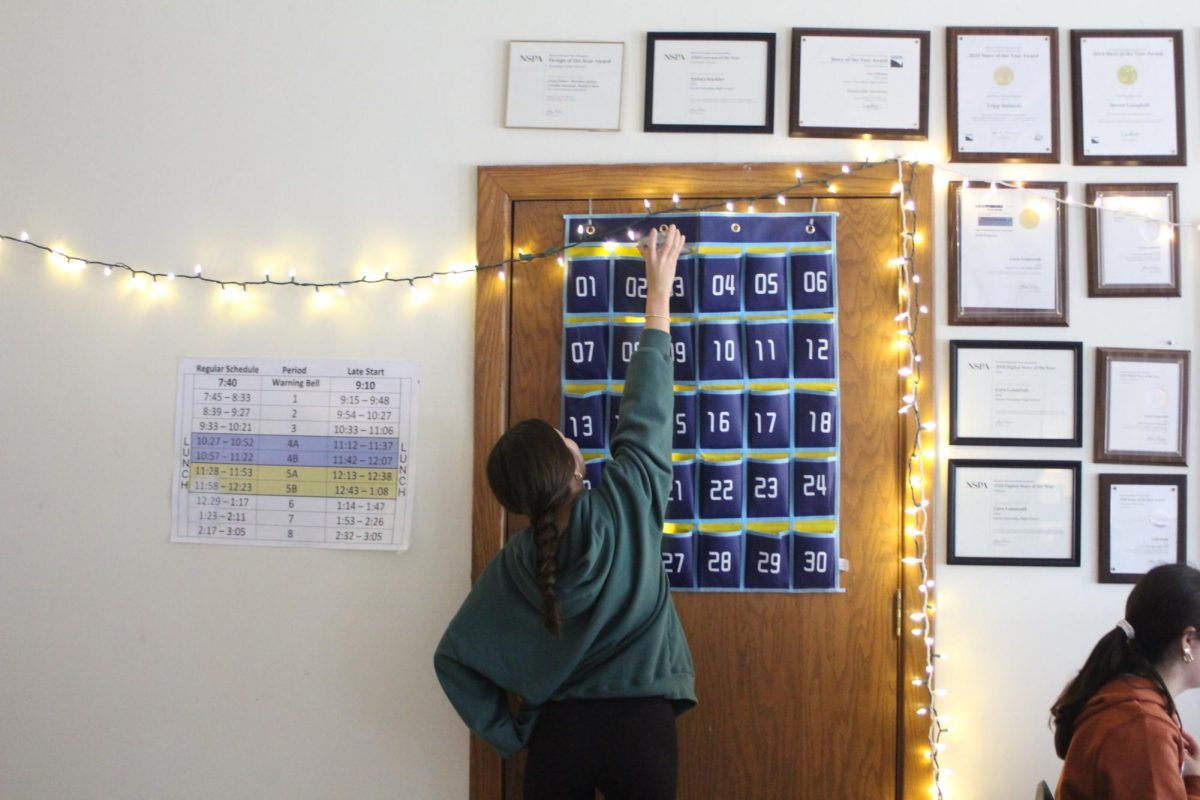





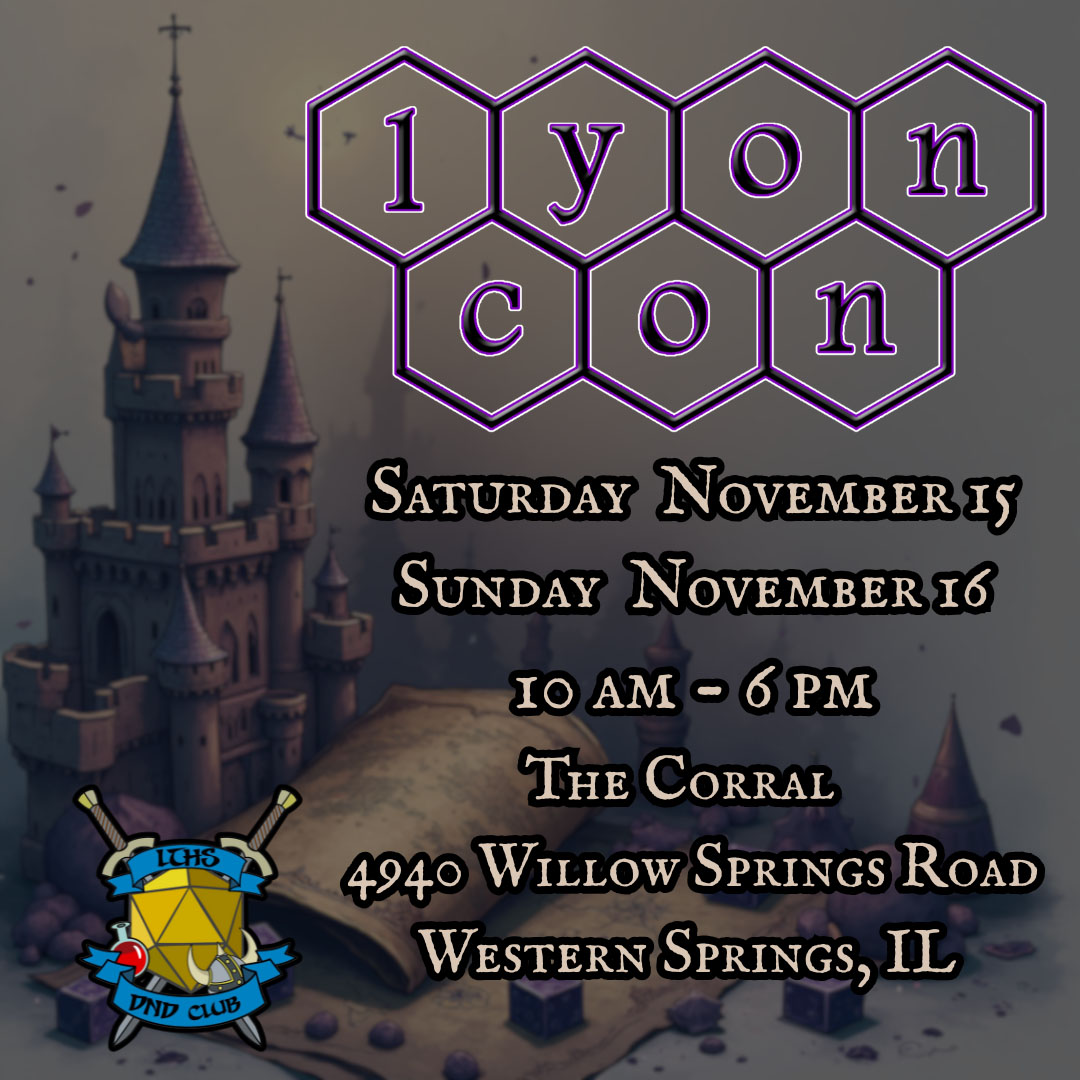
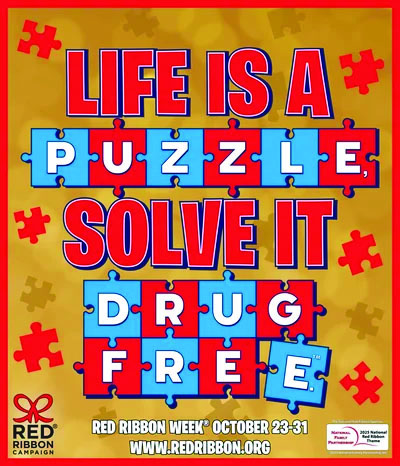

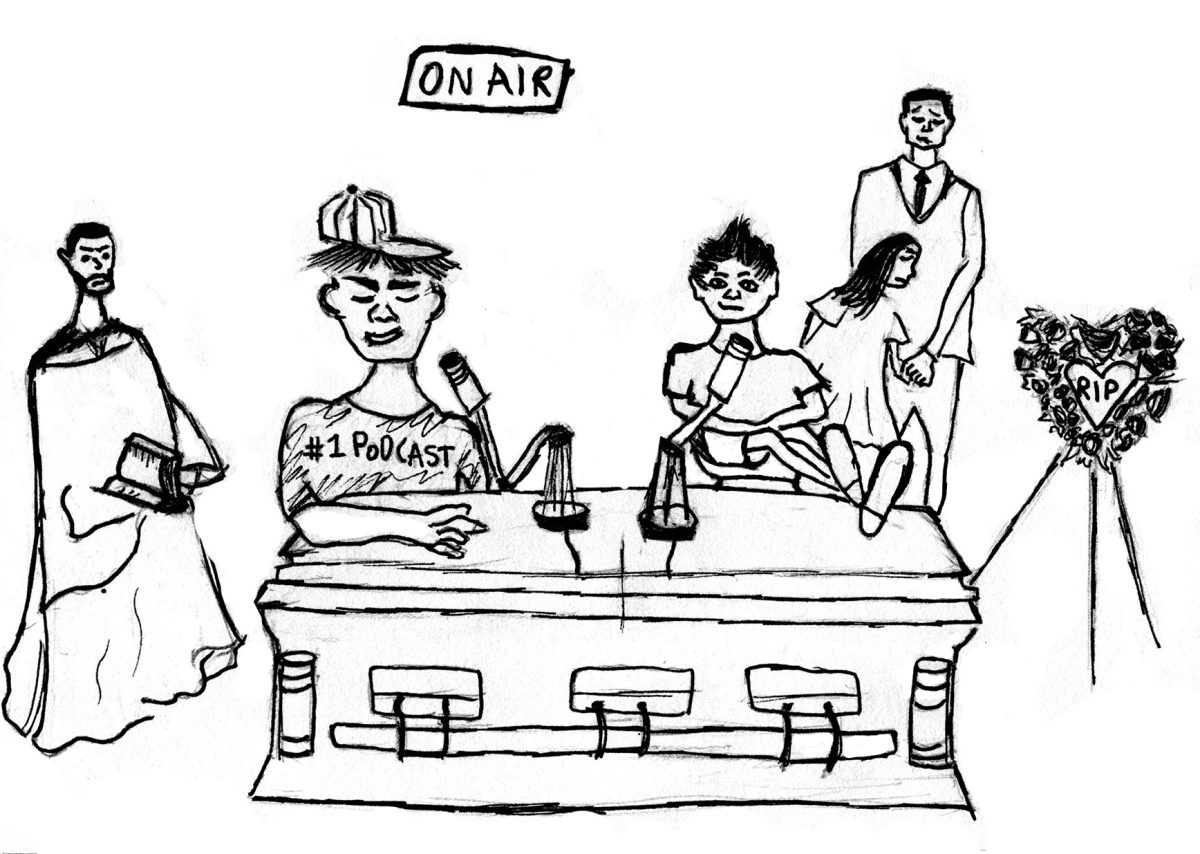


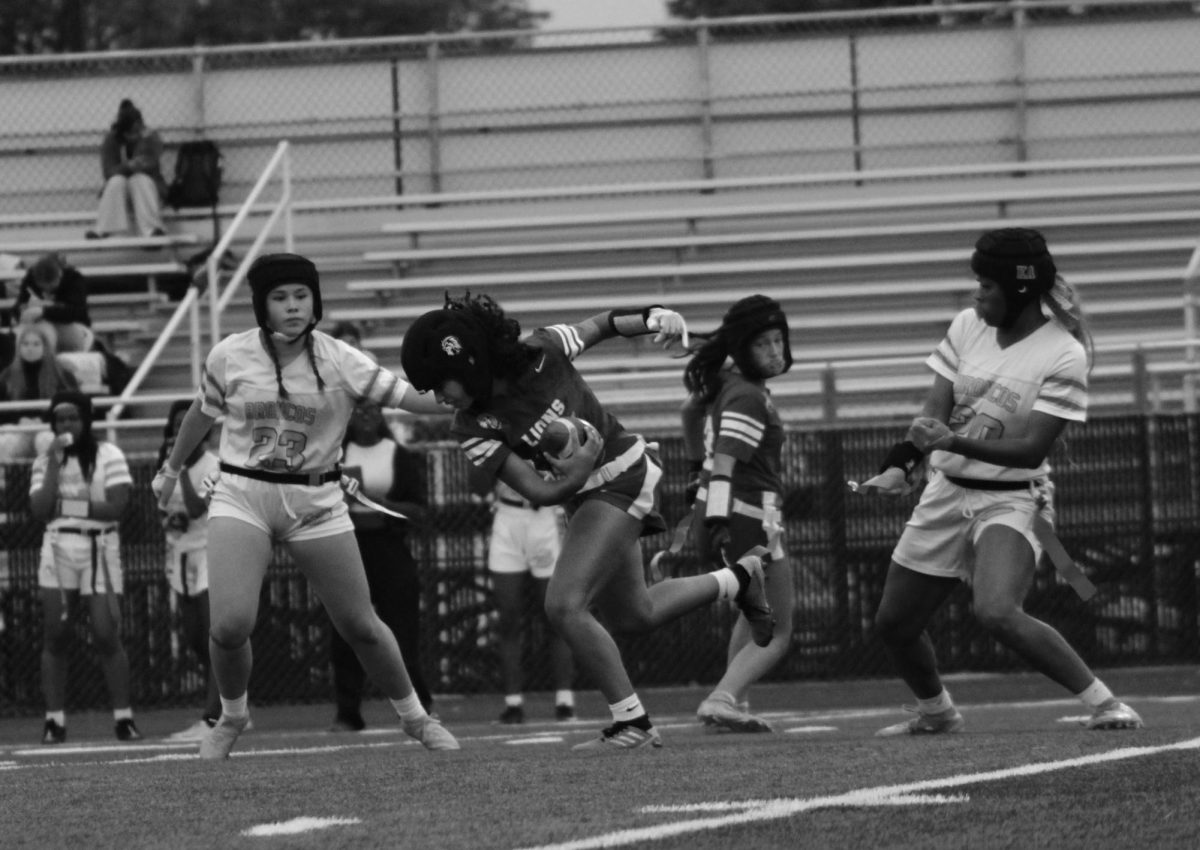





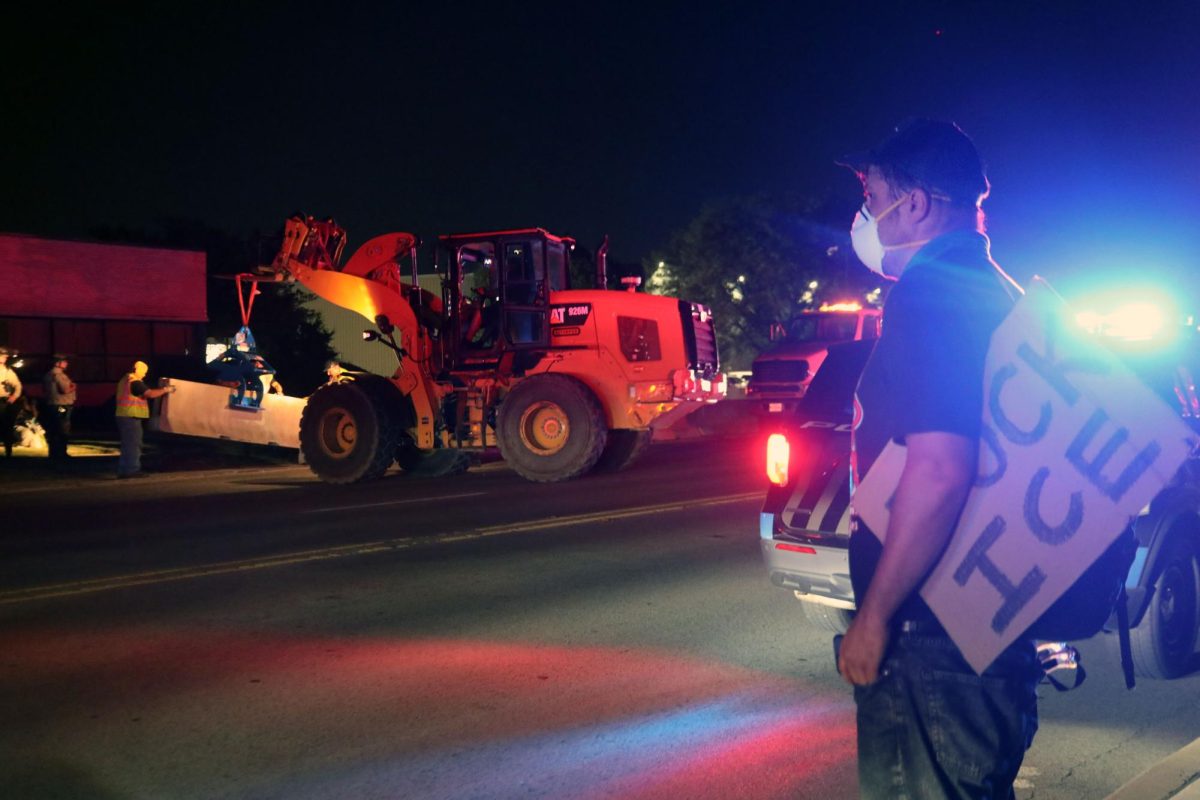

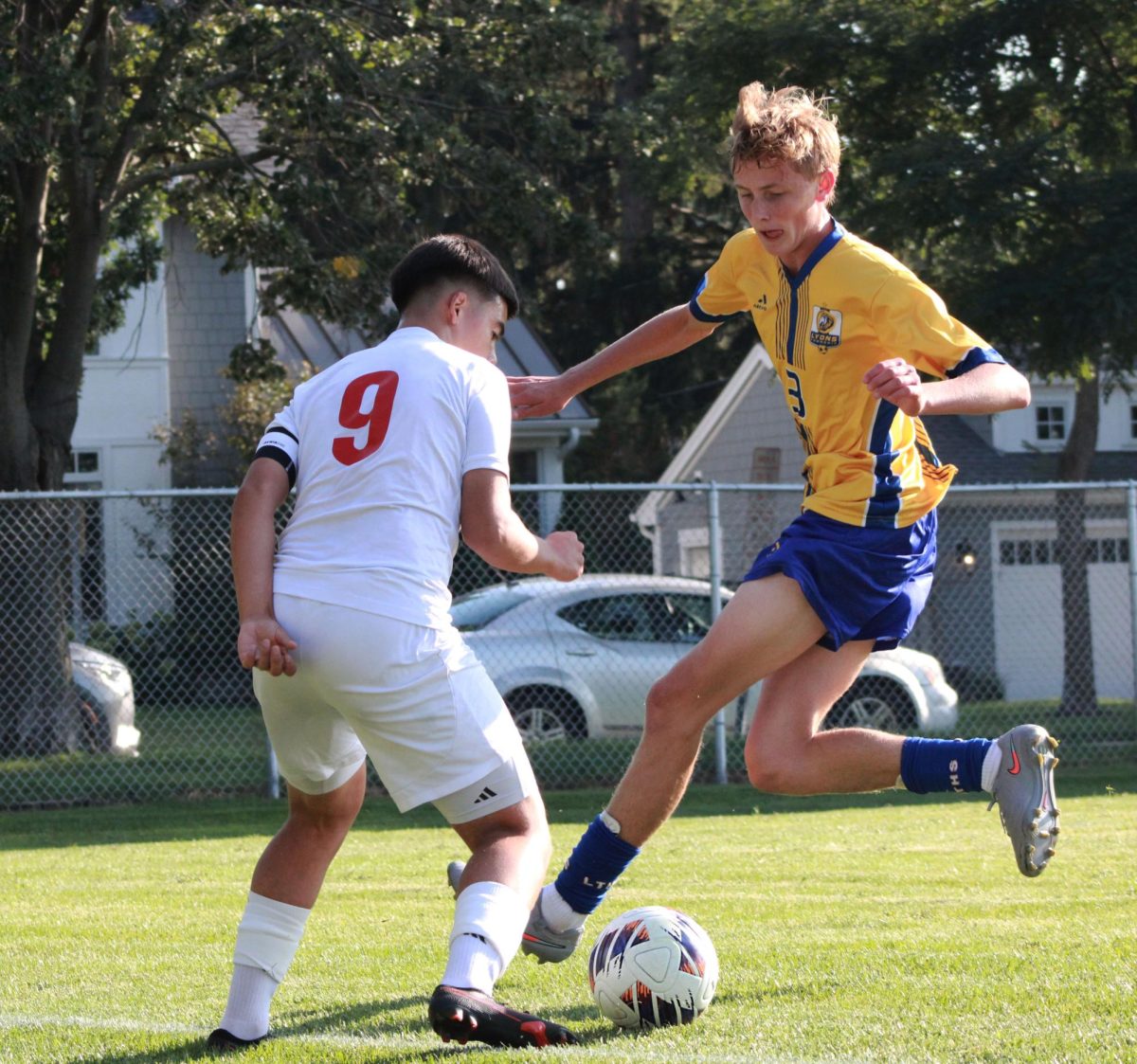
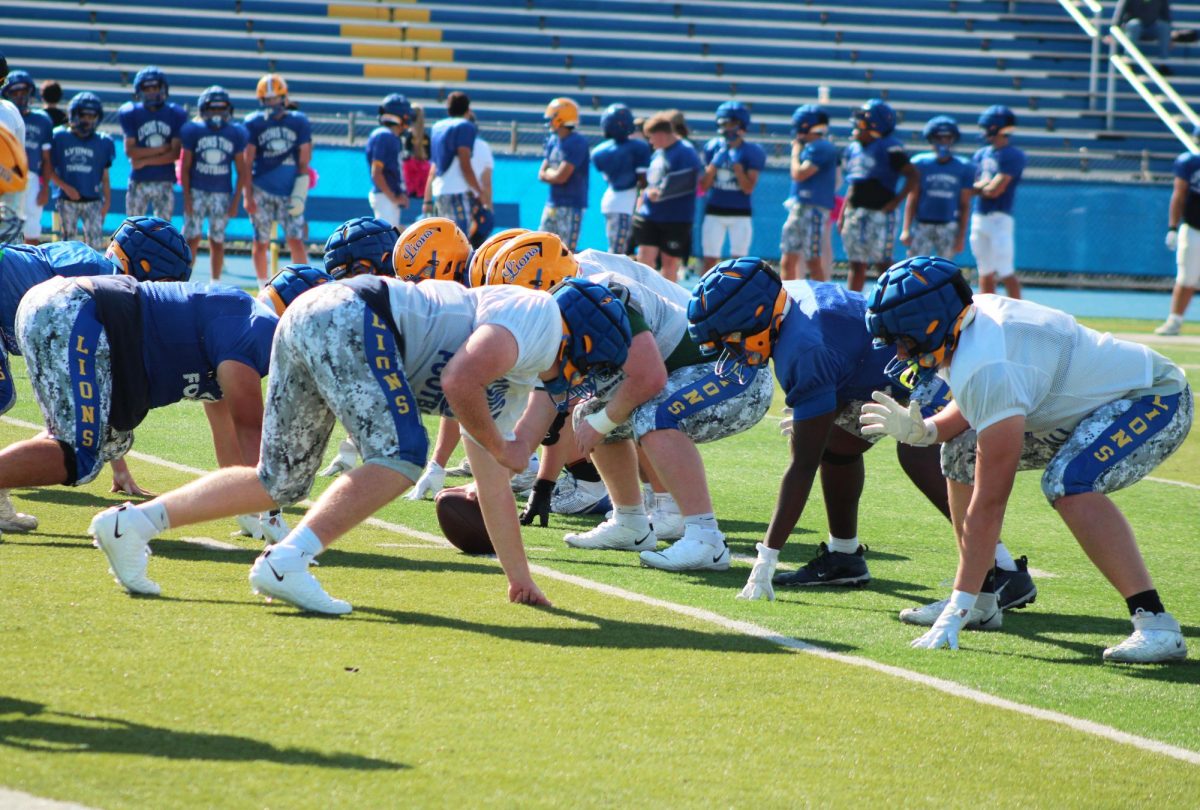
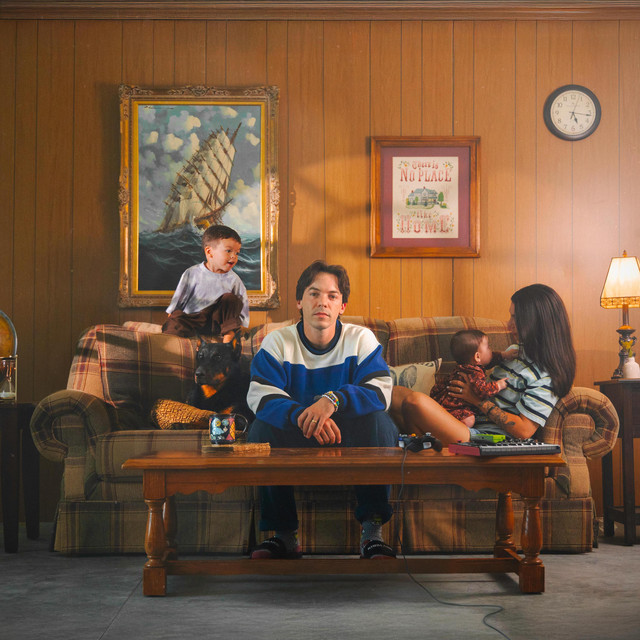




![Movie poster for '[Rec]" (2007).](https://www.lionnewspaper.com/wp-content/uploads/2023/04/rec-640x900.jpg)



